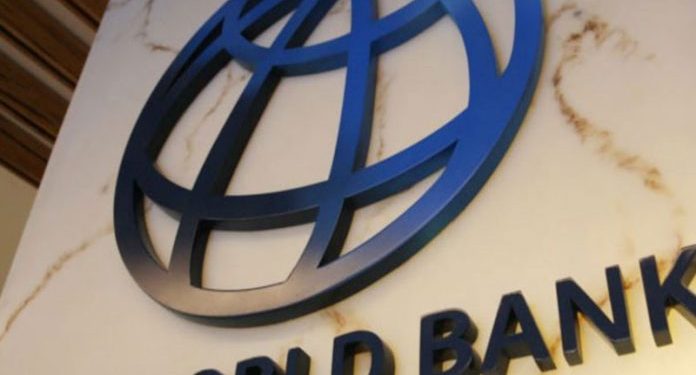The Federal Government has borrowed a total of N1.3tn since 2017 to ensure that generation companies and gas suppliers received enough payments to continue generating electricity, the World Bank has said. The bank said this in its ‘Resilience through Reforms’ report.
According to the report, the power sector in Nigeria will cost the Federal Government an additional N3.08tn through 2023, if current performance levels and low tariffs persist.
The report said, “To ensure that Gencos and gas suppliers receive enough payments to continue generating electricity, since 2017 the FGN has borrowed a total of N1.3tn ($4.2bn). “In 2019 total FGN support reached N524bn ($1.7bn), 0.4 per cent of GDP – higher than the N428bn budget for health and just 20 per cent less than the N650bn budgeted for education.”
Even though all the six generation companies, and eleven distribution companies have been privatised, the Federal Government through the Nigerian Bulk Electricity Trading Company buys electricity from the GENCOs and independent power producers before reselling to the Discos, the bank said. The report noted that the government, through the Nigeria Electricity Regulatory Commission, regulates tariff in the sector rather allow market forces to determine it.















